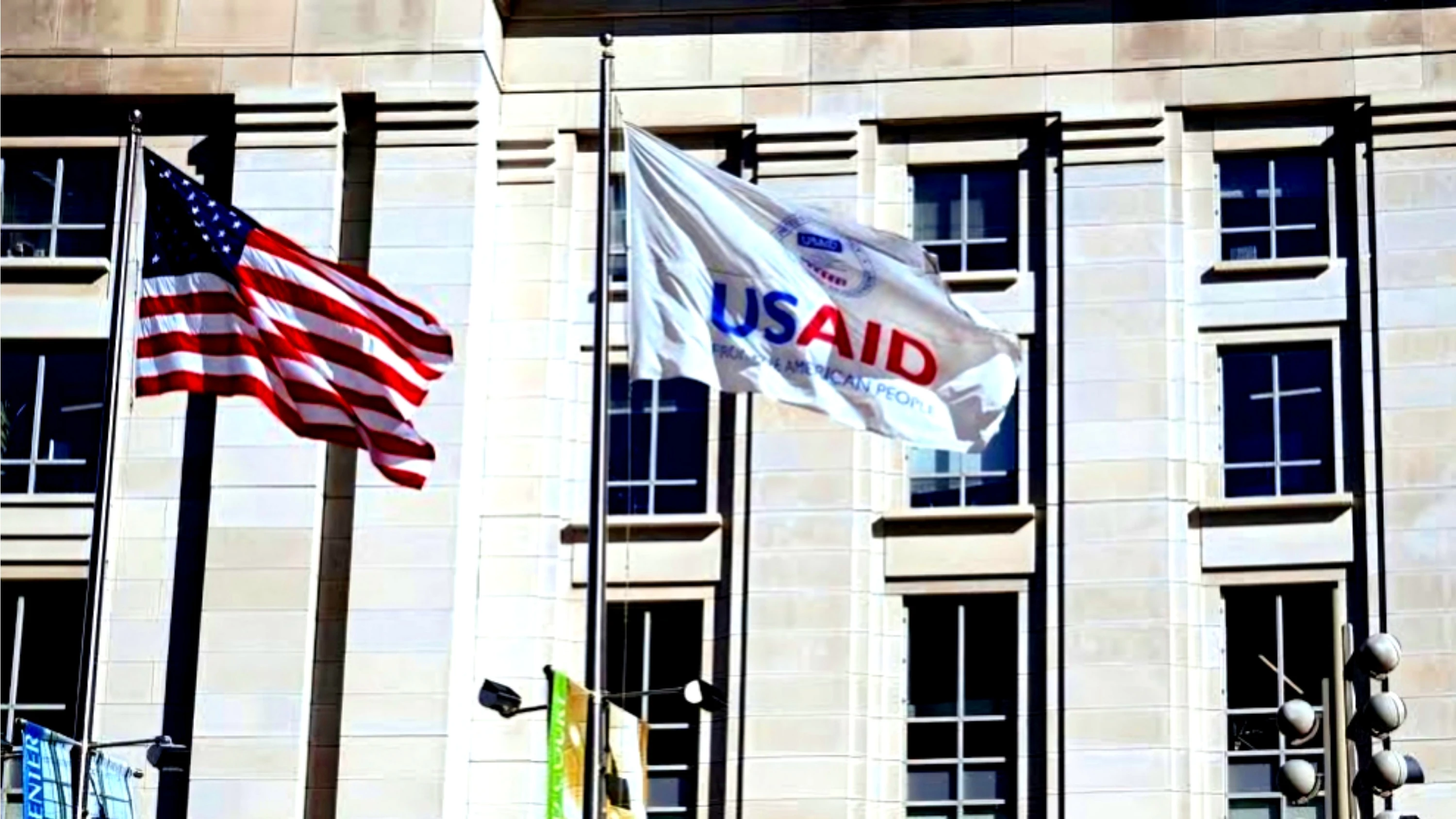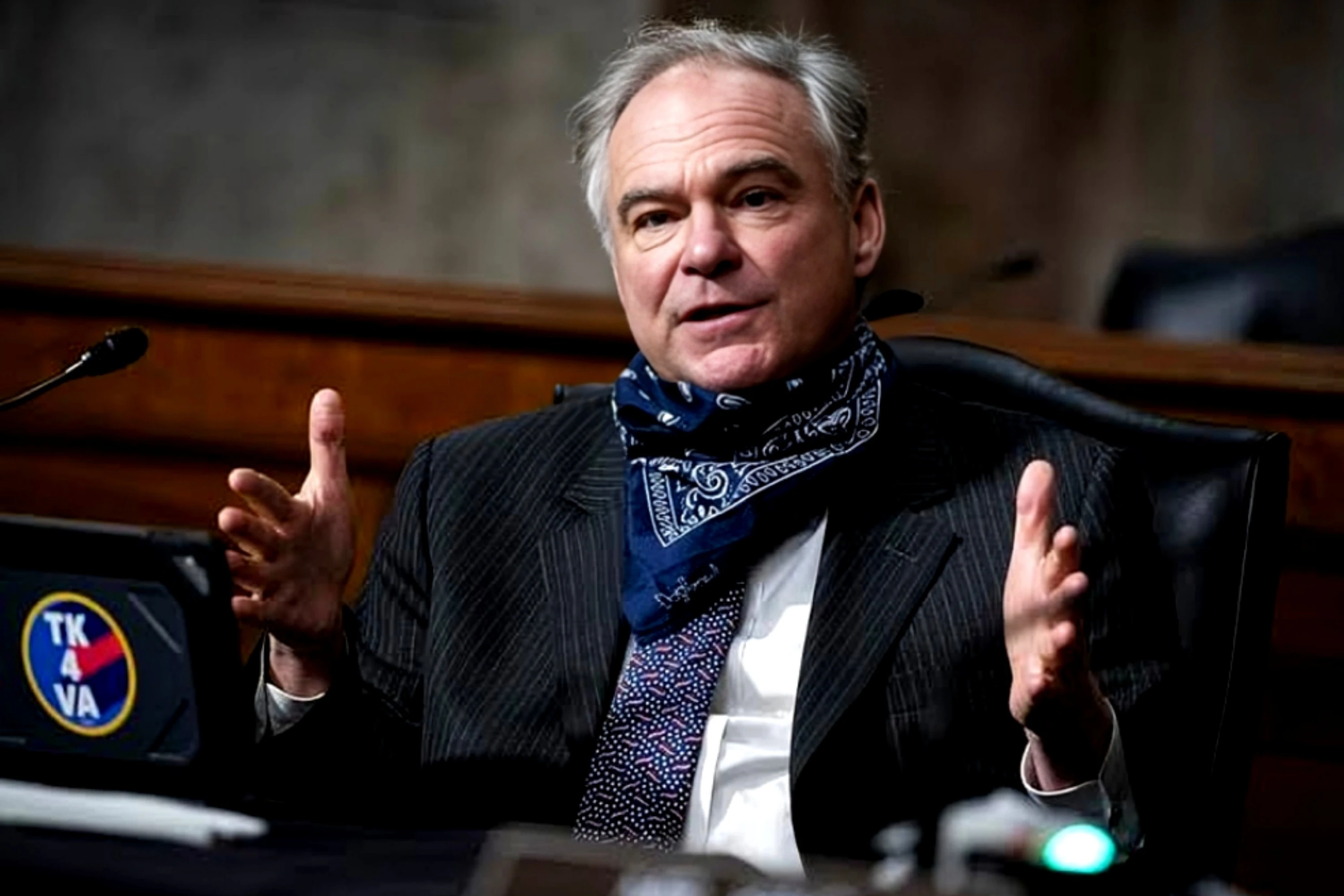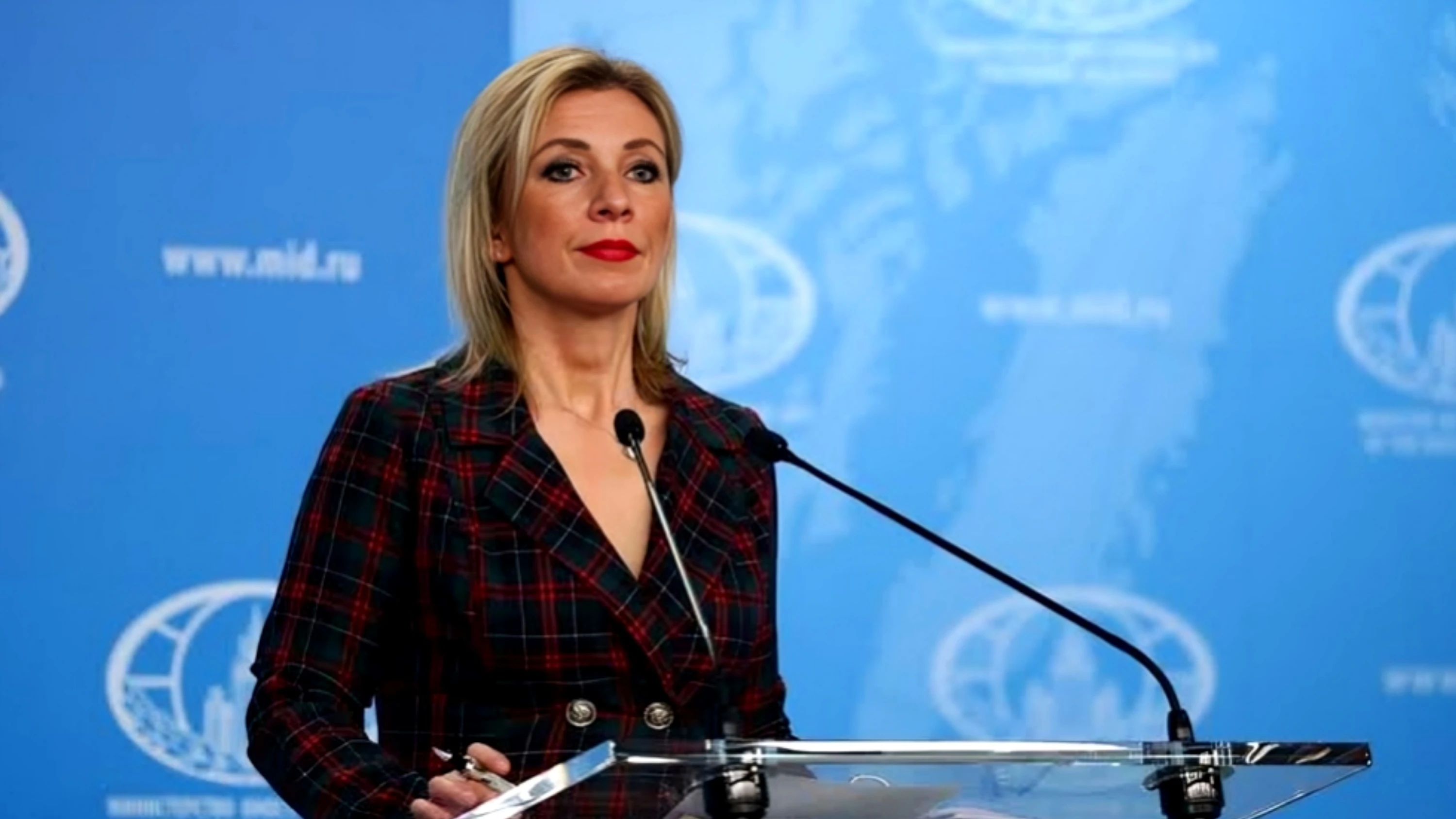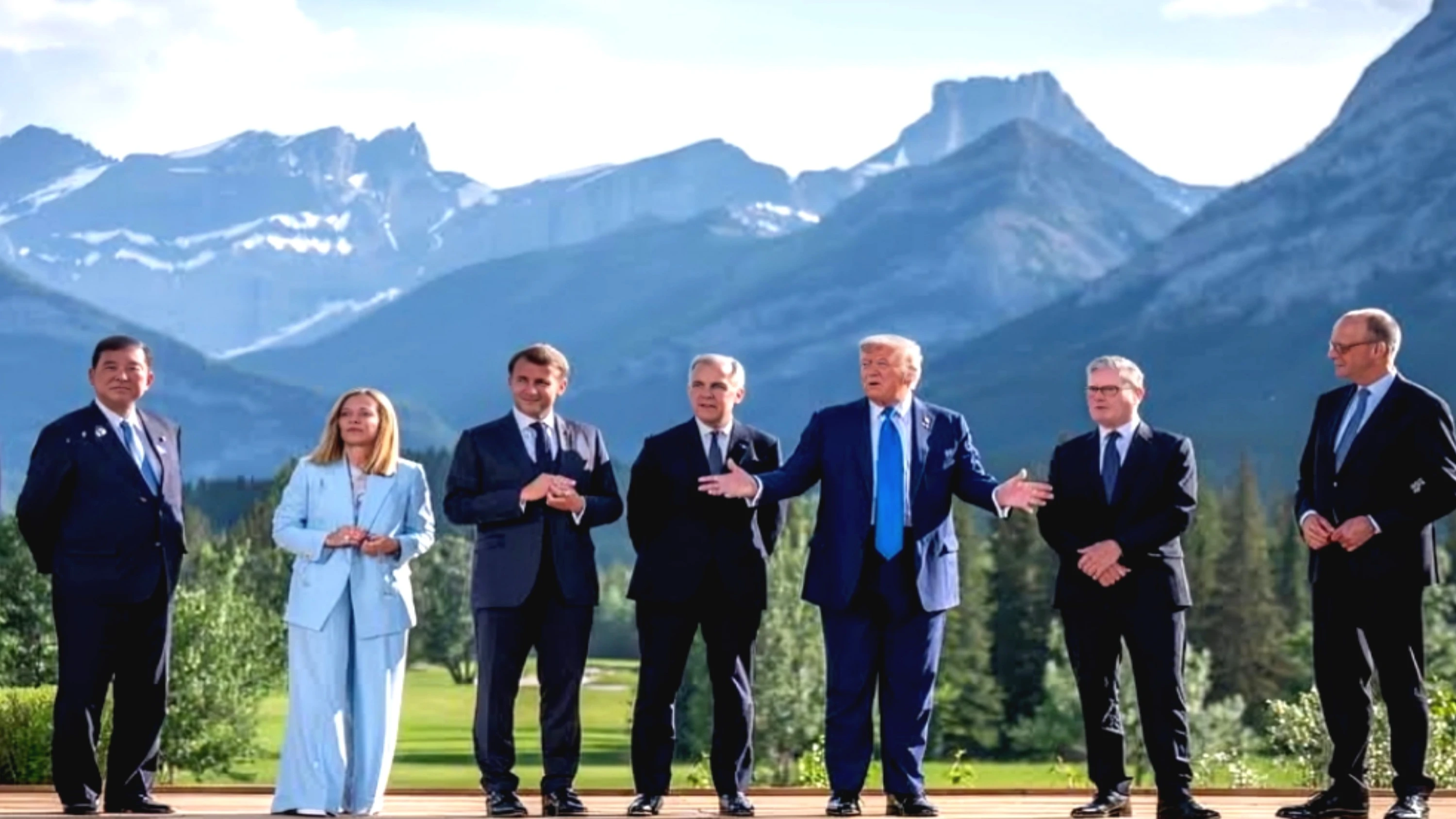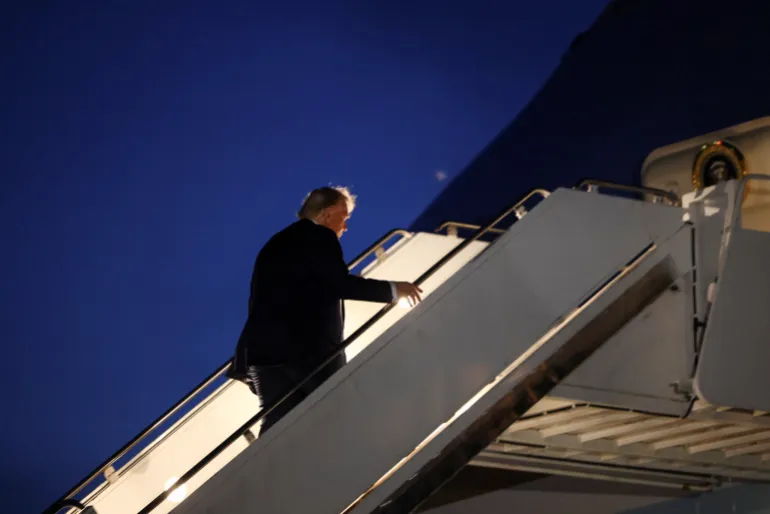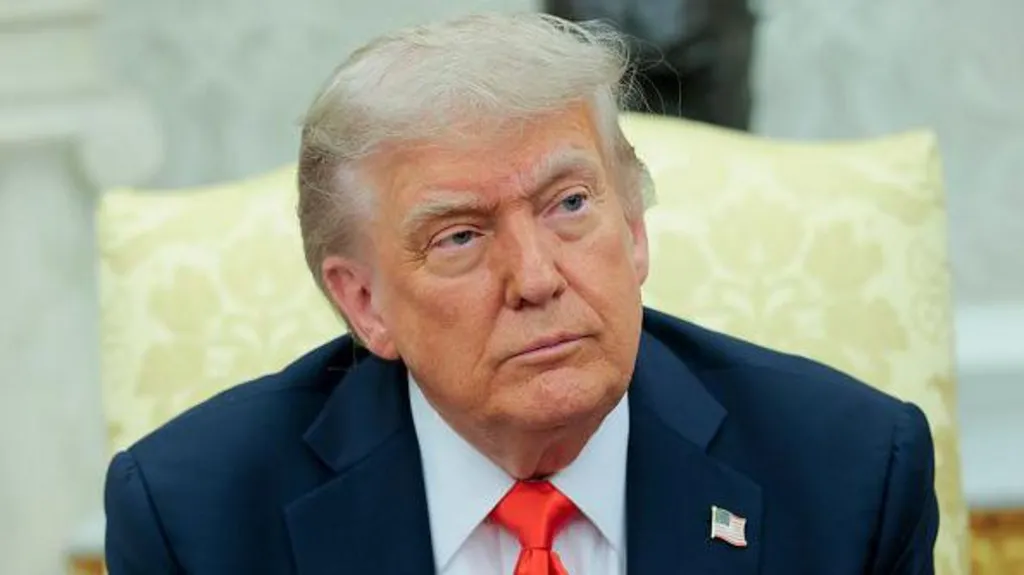Washington: The Trump administration has formally requested congressional approval to restructure the United States Agency for International Development (USAID), moving its operations under the direct control of the Department of State. This move comes as the administration faces legal challenges over its efforts to dismantle the agency.
USAID, established by Congress under the Foreign Assistance Act of 1961, has historically operated with a degree of independence while remaining under the authority of the Secretary of State. However, in a notification issued on Friday, Secretary of State Marco Rubio signaled the administration’s intent to integrate USAID’s functions into the State Department’s operations.
"We are realigning our foreign assistance efforts to serve the best interests of the United States and its citizens," Rubio stated on social media. He emphasized that while essential aid programs would continue, the administration was prioritizing strategic investments that reinforce both domestic and international partnerships.
The proposal has sparked criticism from opponents who accuse the administration of overstepping executive authority and eroding the independence of agencies that do not align with its policy agenda. Addressing these concerns, State Department spokesperson Tammy Bruce confirmed the administration’s plan to finalize the restructuring by July 1, 2025. She assured reporters that the transition would not hinder the U.S. government’s ability to provide disaster relief, citing the response readiness for recent earthquakes in Myanmar and Thailand.
Since the start of President Trump’s second term, USAID’s role in distributing foreign aid has been significantly reduced. In 2023, the U.S. allocated approximately $72 billion in foreign aid, with USAID previously managing about half of that amount. However, Rubio recently announced that 83 percent of USAID’s contracts had been terminated, and the agency has experienced widespread layoffs, including another round on Friday.
Internal communications obtained by U.S. media indicate that nearly all USAID positions, except those mandated by law, are being eliminated. Bruce acknowledged that such restructuring inevitably leads to job losses but insisted the administration remains committed to protecting personnel and ensuring continuity in vital aid programs.
The cuts have been linked to an administration-wide initiative led by billionaire businessman and adviser Elon Musk, aimed at eliminating what the administration describes as “waste, fraud, and abuse.” Earlier this year, approximately 1,600 USAID employees were laid off, and most remaining staff were placed on leave. The agency’s Washington, D.C. headquarters was also closed, with workers given limited time to retrieve personal belongings.
A legal battle has unfolded over the administration’s actions, with a federal judge recently ruling that Musk and the Department of Government Efficiency (DOGE) had likely violated constitutional provisions by unilaterally dismantling USAID. Judge Theodore Chuang determined that such decisions fall under Congress’s authority and issued a temporary injunction halting further cuts.
However, on Friday, a federal appeals court lifted the injunction, allowing the restructuring to proceed. Musk has been vocal about his role in the overhaul, previously boasting about his involvement in downsizing USAID. Despite the legal challenges, the administration appears poised to continue its efforts to integrate USAID’s functions into the State Department, fundamentally reshaping the U.S. approach to foreign aid.


